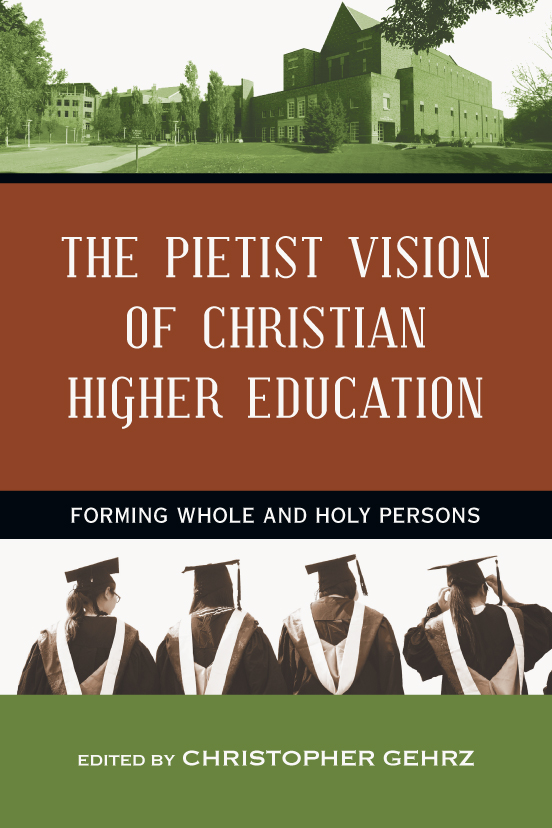
It’s probably not too Christ-centered to admit this in a public forum, but I’m jealous of my Messiah College colleagues who attended the Christian College Consortium gathering at Wheaton College this week. I’m jealous of them because they got to spend several days discussing issues of relevance to Christian higher education (a subject I’m quite passionate about). I’m also jealous because they got to hear a great presentation from my friend Chris Gehrz, a history professor at Bethel University in Minnesota, who spoke on “Staying Christ-Centered: A Pietist Perspective.”
(Actually, I got to spend time with Chris this past weekend at the 2014 Conference on Faith and History, but conveniently forgot to chat him up about this talk!)
Fortunately, Chris has posted his remarks at his excellent blog, The Pietist Schoolman. (And it just so happens that Chris’ latest pots marks his return to regular blogging after a month-long hiatus.)
Here’s a taste of Chris’ talk:
So how would a Pietist advise a college or university seeking to stay “Christ-centered”?
1. Staying is not static: Bethel historian Virgil Olson once wrote that a Pietist ethos will always arise in response to any “superficial Christianity… that has the form of piety and lacks the power thereof.” If 17th century Pietists bemoaned how the supposedly “evangelical” churches of their day had turned the pulpit, lectern, font, and confessional into “four dumb idols,” then their 21st century descendants should be particularly attuned to the danger of the same thing happening to supposedly evangelical colleges and universities. Classrooms, chapels, dorms, and stadiums can become dumb idols too.
If nothing else, Pietism is about the process of being made new. For a Pietist university to stay Christ-centered, it must continue to find new ways to make new persons who serve a new church, taking up the mission of a God who is making all things new.
So staying is not static, or stationary. At our worst, Pietists’ centering on Christ has entailed retreat and withdrawal, turning in on ourselves and away from the world. At our best, though, Pietists have stayed centered on a Christ of movement, a Christ who invites us to “follow me” — into the missions field, into the realm of ideas, into places of poverty and suffering, and into seasons of change and disruption.
To read Chris’ comments in their entirety, click here.
Chris’ comments come from his forthcoming edited collection, The Pietist Vision of Christian Higher Education, which will be published by InterVarsity Press in early 2015 (and is now available for pre-order). I can’t wait to get my hands on a copy!

Thanks, Devin! I’m sorry we didn’t get a chance to talk more about this at Pepperdine, but hopefully the conversation will continue in other venues. I’d love to know if you heard any feedback from your colleagues who attended the colloquium.